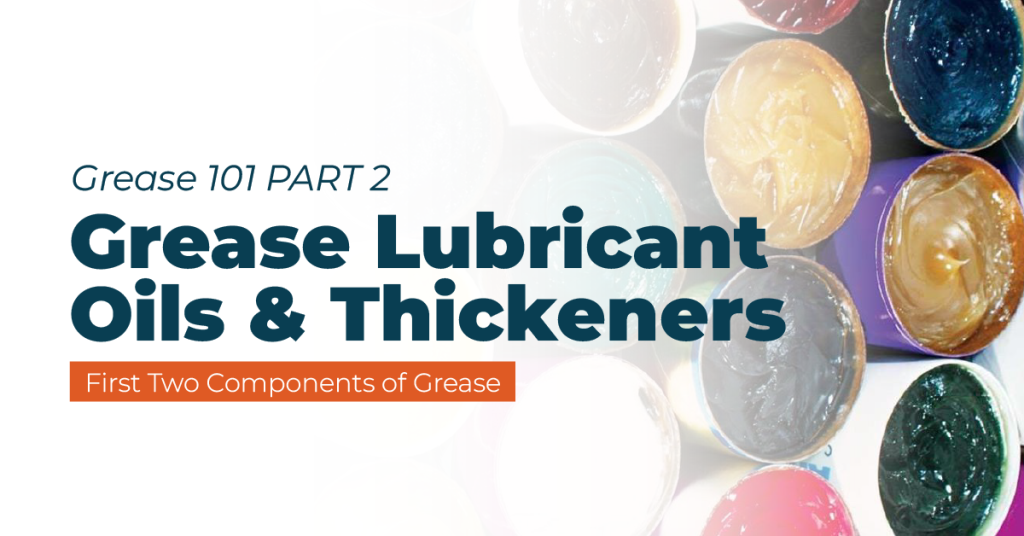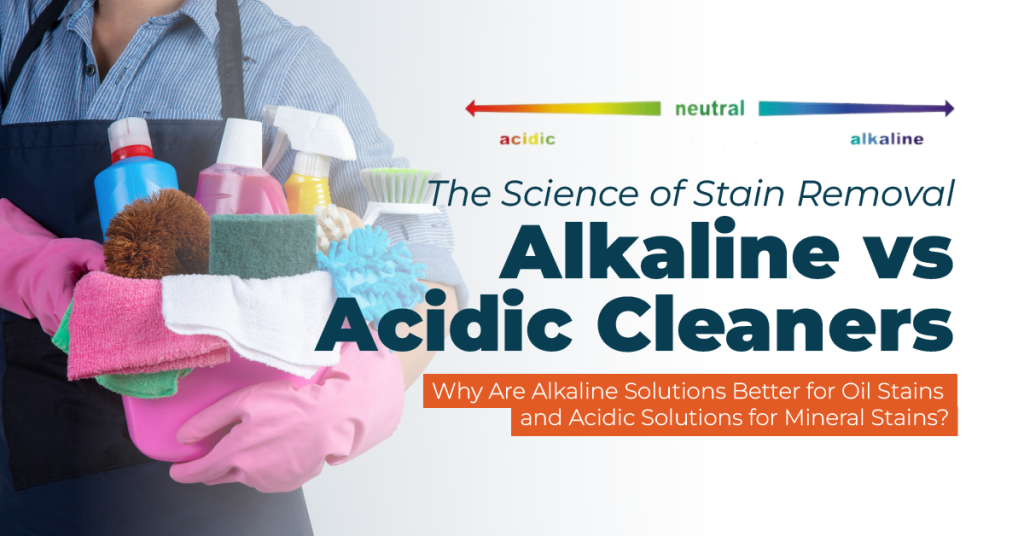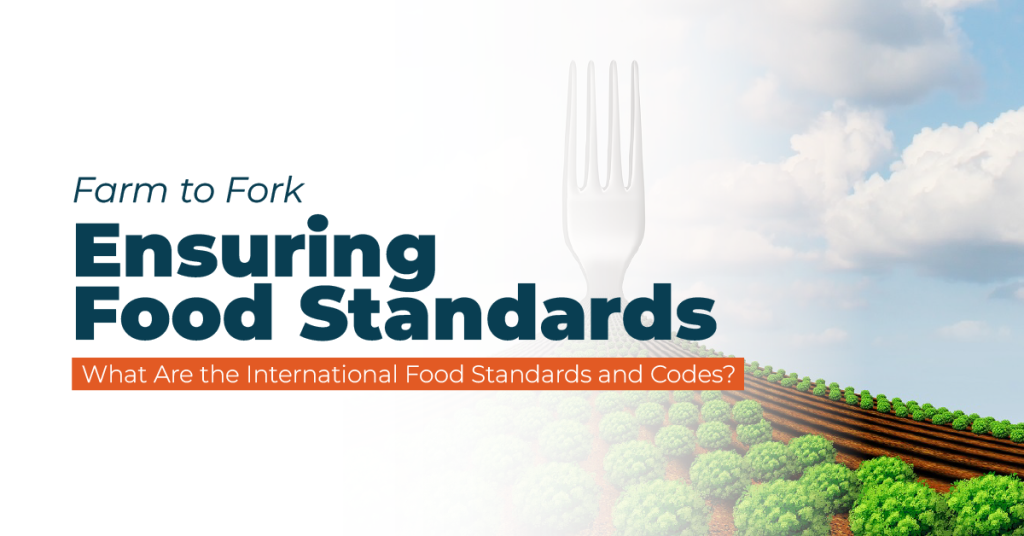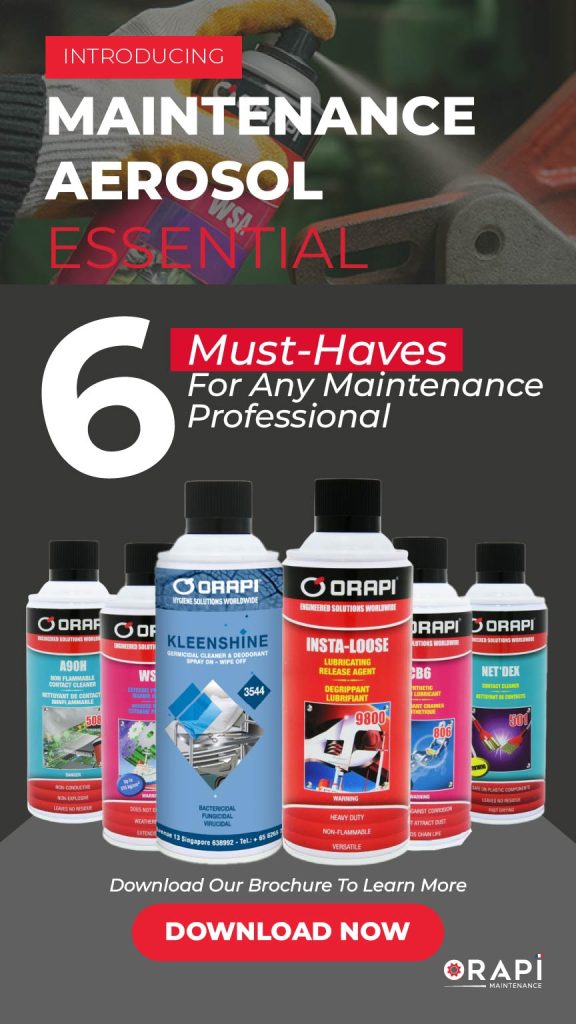
Grease 101 PART 2: Grease Lubricant Oils and Thickeners
In the previous article, we gave a general description of grease lubricants, including its base penetrability and how it is measured, classification according to NLGI grade, grease drop-point, dmN factor, and more. We also mentioned that grease has three components: lubricants, thickeners, and additives. In this article, we will be going through the first two components of grease lubricant and the different factors to consider within each component. Also read: Grease 101 PART 1: Understanding the Basics of Grease LubricantTypes













